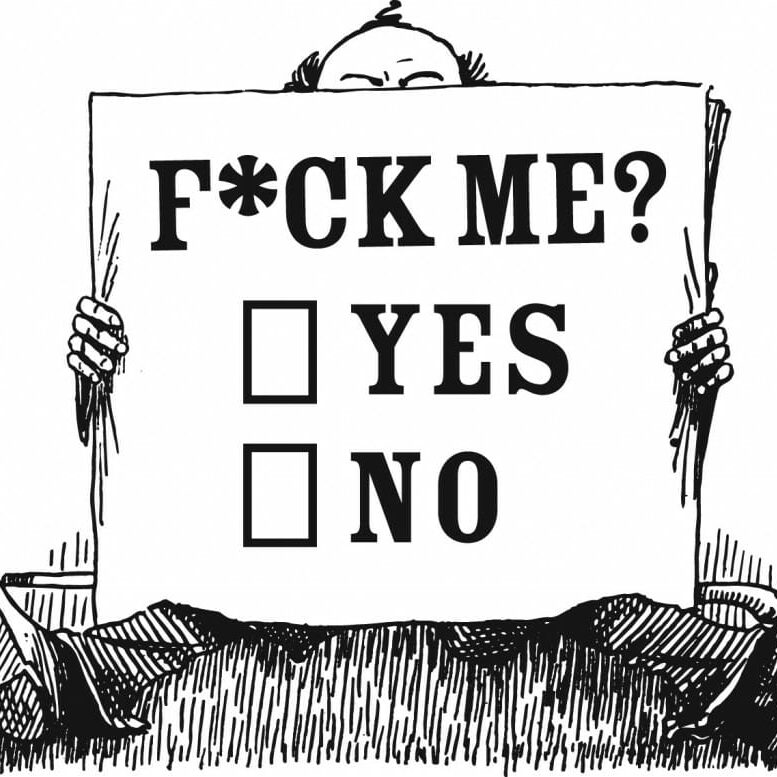
No, yes, hell yes and everything in between
We’ve all been notified, one way or another, that individuals are supposed to consent to sex. In theory, we all agree. In practice, consent often becomes shades of grey instead of a black and white yes or no. In university especially, consent is often presumed. I don’t consent directly to every sexual encounter, and I have not explicitly asked for consent every time. In theory, I would explicitly ask for consent every time I have sex. But in practice, my consent models are a little more fuzzy.
One way individuals slide consent into their sex lives is by asking questions: I can remove clothing, get a condom, touch a place, etc. This form of consent is consultational. Its power lies in being able to continuously check in with your partner while keeping things casual. This is a model where individuals must actively consent, where sex only happens when there’s a “yes.” It is also the model that many activists advocate for, including Jacklyn Friedman, the author of *Yes Means Yes*. Friedman goes beyond consultational consent to enthusiastic consent; not just a “yes” but a “HELLS YES!”
This type of active consent can be a huge turn-on, hearing how much someone wants you, telling someone how much you want to be with them, in them, around them, on them –whatever, it’s sexy. It’s hot to hear enthusiastic consent spoken to you by your partner, so why is it that there is still so much non-consensual sex on college and university campuses? September and October see the highest rates of sexual assault in North America. In Canada, the highest rates are in Nova Scotia and in university-aged women.
These are intense and complex problems that we are constantly striving to address on our campuses. These problems are based on a myriad of social dynamics. Two issues that come up again and again when addressing sexual assault are power and vulnerability. In university (and the world beyond) individuals often attempt to exert their drive to dominate, to control, to have power over others. In the hook-up culture, individuals keep their power by exerting disdain and aggression to the individuals they engage with sexually.
To keep power, they must be less interested in their hook-up partner than their partner is in them. This strive for sexual power leaves many feeling used, disempowered, hurt or uncared for. It is interesting and terrifying to see how these power struggles have shaped hook-up culture to be a competition between yourself and your lover.
So why compete? Why not acknowledge your partner as an amazing individual who you can’t wait to jump into bed with? Consent is scary. It involves the vulnerably of telling someone that you want them, and even scarier, asking them if they want you back. You’re asking for permission to be vulnerable and see your partner’s vulnerability. That’s terrifying. But without it, you end up making assumptions, trying to control someone else or striving for aggressive detachment.
Brene Brown, a research professor at the University of Houston, found that individuals who had a strong sense of love and belonging and who were able to meaningfully connect with others shared a common trait of fully embracing vulnerability.
You’re in university. You’re figuring your shit out, defining and redefining yourself, and falling in and out of love. You’re fucking vulnerable. Next time your feeling that intense and terrifying sense of vulnerability build up your empathy instead of your defenses. Assume your partner is feeling just as vulnerable as you. Take your sense of vulnerability as a sign of mutual empathy. After all, we’re all extremely vulnerable.






